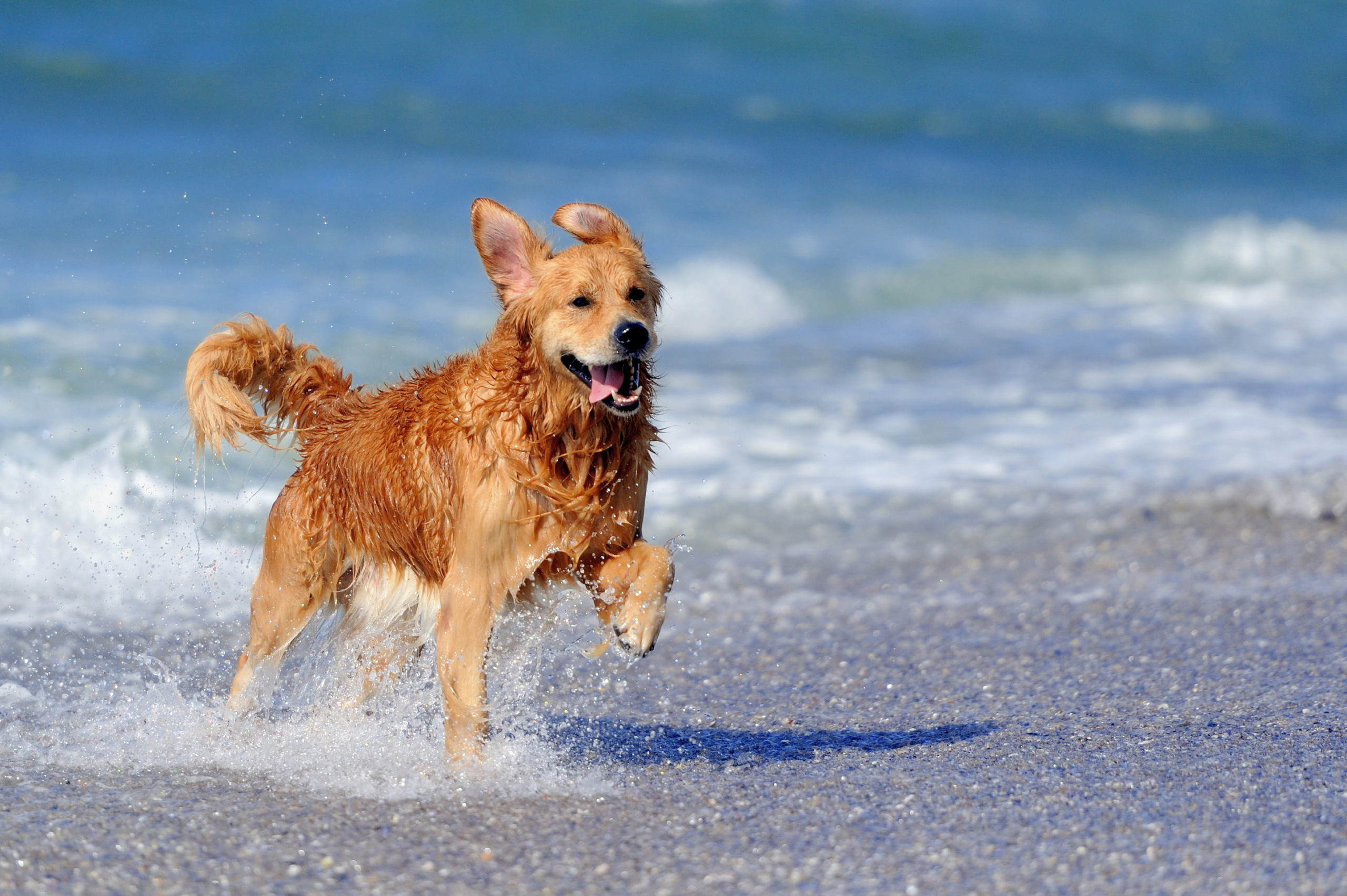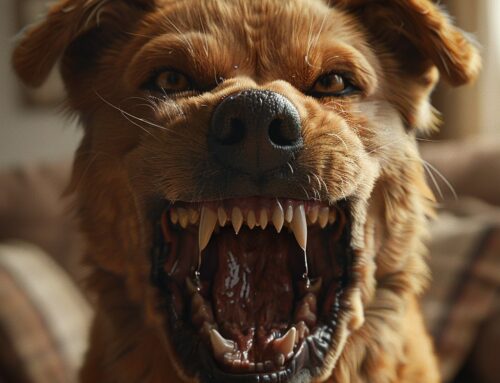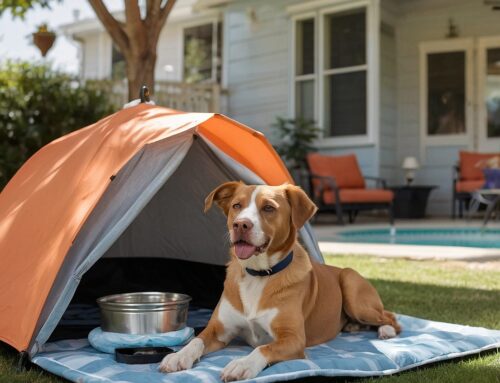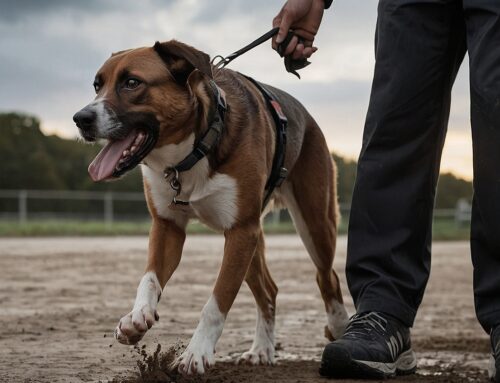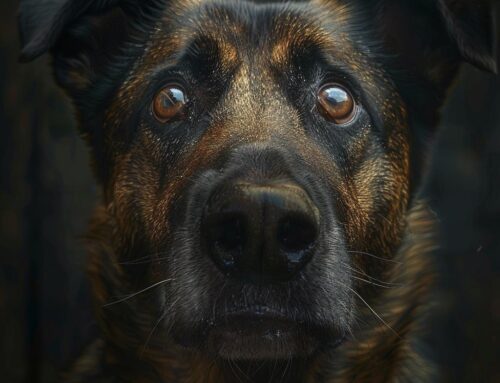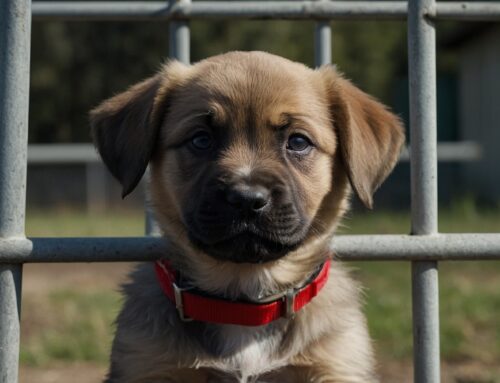Another new year approaches: the perfect time to plunge forward into a new regime of health and training for your dog. Or perhaps you got a new pup for the holiday. It’s obvious we all want a healthy canine companion and all that comes with this special pup in the family. But we also want a well-behaved pet that not only keeps him from unwanted jumping onto people but also ensures his safety by always listening to you.
In this article, we tell you how to go about establishing the best of the best New Year’s resolutions for your dog, and you!
Goals
A good plan needs good, measurable goals, and to embark upon 2023 with a plan for health and training with your dog means setting goals. But more importantly, the goals you set need to be achievable. For example, it’s not realistic to think your puppy can run an agility course or that your older dog can eat the same type and amount of food as a younger pup. Think about sitting down and making up a list of the most important health and training goals you have for your dog in the coming year.
A Plan for Health and Wellness
There are so many things you can, and should, do to keep your dog healthy. Chances are you have a good health plan for your family for the coming year. How about one for your canine buddy? Here are some of the things you can put on the list for your dog.
Wellness Exam
It’s essential that your dog gets a thorough exam at least once every year along with whatever vaccinations he’s due for. If you don’t have an exam already scheduled, be sure to pick up the phone right after the holidays to ensure you get on your vet’s calendar.
Flea, Tick, and Heartworm Protection
Another essential part of your dog’s good health is to be protected against fleas, ticks, and heartworm, all of which can cause serious illness and disease. A good protection plan is to schedule your pet’s annual wellness exam early in the spring when you can purchase both flea and tick and heartworm medications.
Senior Pet Health Program
We hate to think about it, but our dogs’ lives are significantly shorter than ours. Therefore, the more comprehensive the care they receive throughout their lives, the longer they will be with us. Adult and senior dogs need more frequent visits to the vet and exams to check for typical adult dog issues including kidney failure, liver disease, thyroid disease, heart disease, and tumors.
Dental Care
Since everything goes into your dog’s mouth, including harmful contagions, a thorough dental exam should take place every year to check for the condition of the teeth and gums. And if you don’t already, start to brush your dog’s teeth at least 3 times a week to prevent decay and gum disease.
Healthy Diet and Nutrition
Look at what your pet is eating now and see if you can’t switch to a healthier regimen. Your vet or canine nutritionist can help you find a diet for his overall health, age, and activity level. Be sure to also take a close look at the portion sizes you are currently feeding and see if they are too much or too little and consider raw and/or homemade food.
In addition, as part of his diet resolution, make table food feeding a major no-no.
Daily Enrichment
You know how you have days that are boring? Without fun, games, and overall enrichment, your dog can have them too. And a bored dog can be a mischievous dog. A game of fetch, his favorite chew toy, or a stuffy he can cuddle with are all some enrichment activities that can keep his mind sharp and focused.
Fun with Friends
Just like us humans, dogs need to have fun, and fun means getting out and about with other dogs and humans. Consider enrolling him in a doggy daycare, arranging a playdate with friends’ pups, or getting him in a class where he will get to mingle with other dogs.
A Plan for Training and Behavior
Does your dog have some annoying or even serious behavioral issues that need to be addressed? Maybe there are issues you’ve overlooked because, let’s face it, we all love our dogs and accept their “little quirks.” However, his little quirks can become problematic if he jumps on a neighbor or guest.
Make this year the one where you focus on helping your dog be the best he can be by enrolling him in a basic obedience or reactive dog training class. Then be sure to work with him after to cement all the new things he has learned to do. Not only will he become a model canine citizen, but your relationship will also be renewed by spending concentrated time together!
Some of the behaviors that either need to be taught or fine-tuned follow.
No Jumping
Jumping on guests is another inexcusable behavior that needs quick curbing because, besides being annoying, there is the potential for harm.
No Pulling
For some dogs, leash pulling is a hard one to eliminate. There are leashes designed to control this behavior, but it takes more than just that. This is a behavior that needs to be continually reinforced.
No Toilet Drinking
You got it. It’s not a good thing. Making sure the toilet is always covered and/or the bathroom door closed is one way to stem this behavior, but when guests come, you can’t control what they do or don’t do.
Come When You Call
Not only is this behavior convenient for you when you want your dog to return to you, but it also services as an important safety issue.
Yes, to the Basics
In addition to the unusual behaviors above, the basics are always essential for a well-mannered, pleasant-to-be-around, dog. These include:
- Sit
- Stay
- Down
- Off
- Leave it
- Drop it
Your goal is to ensure your dog can do these things when asked.
As you look ahead and think about a plan for your dog, we at Performance K9 Training and Boarding can help. Whether your dog needs Basic Behavior Modification, Advanced Behavior Modification, Aggression Rehabilitation, Boarding and Training, or Daycare, we offer a full menu of services from the utmost skilled and experienced training professionals.



